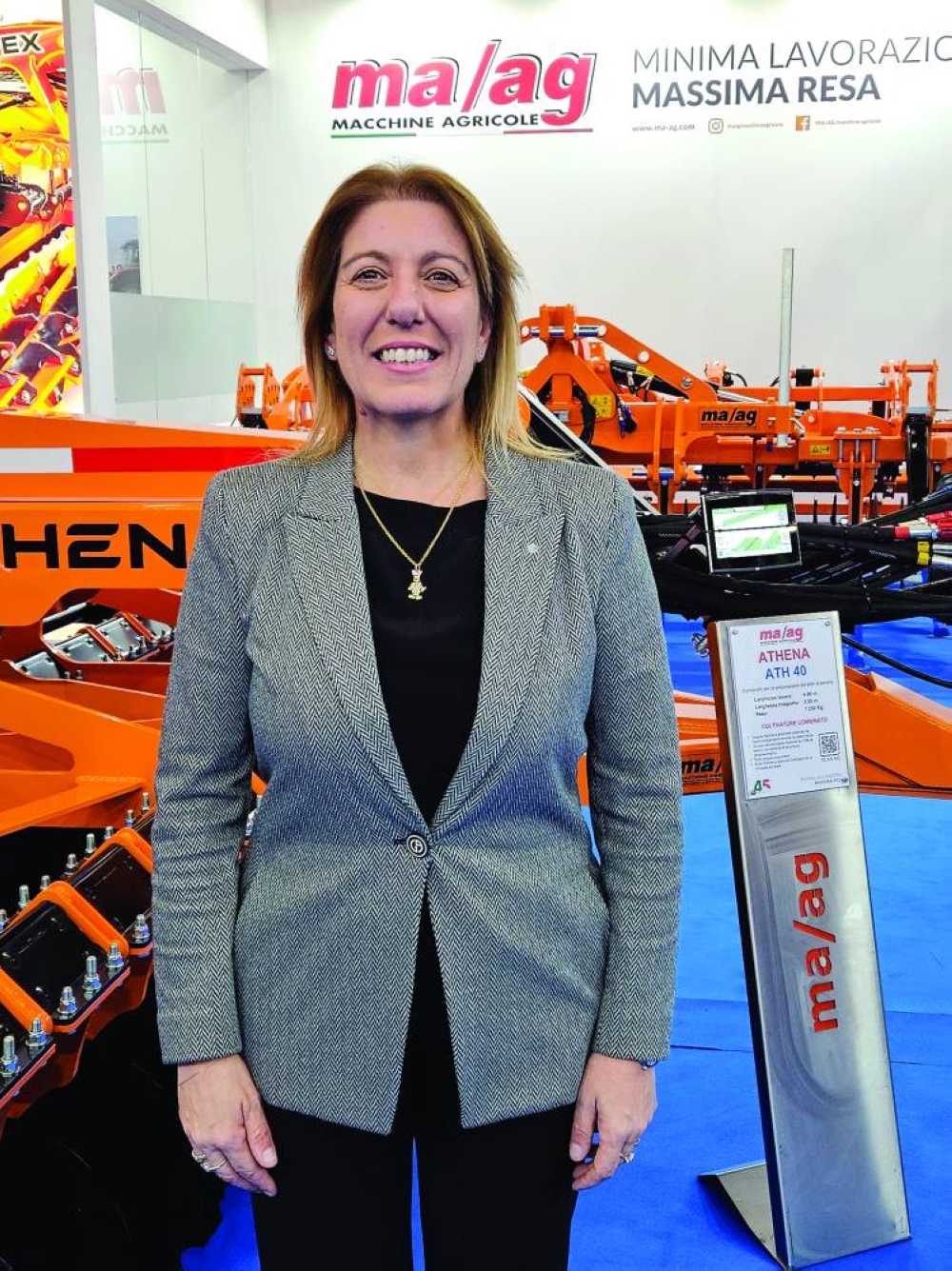Bologna, Italy: Farms in Qatar, as well as other agricultural lands in the GCC and the wider Middle East, stand to gain from the benefits of “conservative agriculture”, according to an industry expert.
On the sidelines of EIMA International 2024, which concludes on November 10 at the Bologna Exhibition Centre, MAAG director of business development Serena Ruggeri explained that conservative agriculture is a sustainable agricultural production system that utilises innovative cultivation and soil management practices that protects the soil from erosion and degradation.
This, Ruggeri continued, improves soil quality, maintains biodiversity, and contributes to the conservation of the soil fertility and improvement of agricultural production.
Ruggeri emphasised that she is quite familiar with the challenges of growing various agricultural produce in harsh desert climates, hence MAAG, an agricultural machinery manufacturer based in Casal Brutani in northern Italy, has been promoting the practice of conservative agriculture in GCC countries for the past 12 years.
Citing a presentation that she delivered recently in Dubai, Ruggeri said traditional agriculture, through deep and intensive cultivation, contributes to soil degradation, causing a loss of organic substances, erosion, and compaction. Ruggeri lamented that soil degradation, a global environmental challenge, is occurring at an alarming rate and causes a major threat to crop productivity worldwide.
“This unquestionably leads to the negative effects on the quality of the soil’s water and air, contributing to the production of additional carbon dioxide emissions into the atmosphere and not allowing agriculture through negative advocacy to play its natural role in the food chain,” Ruggeri’s presentation stated.
Since her father founded MAAG, the company has been developing and producing equipment for minimum tillage and conservative agriculture, which through the combination of different working elements, could ensure high productivity combined with a reduction in labour, fuel cost, and greater respect for the environment, Ruggeri explained.
According to Ruggeri, conservative agriculture allows farmers to achieve three operational objectives: minimal tillage, stream tillage, and direct seeding. She noted that minimum tillage represents “an excellent solution” to counteract the phenomenon of soil degradation and is also “the best tool “for for improving the soil's ability to absorb carbon, retain humidity, and contain tillage costs.
“So, the idea of minimum tillage is also very important in a desert climate and desert country because you need only to work on 15cm or 20cm of depth without reversing the soil. Why? Because the fertility of the soil is inside, so you have to work inside the soil without reversing.
“Our concept, the combination of the different tools on our machines, permits you to do this; you break the soil inside and mix the soil inside, so the fertility and the nutrients of the soil stay within, so that when you seed, the seed can take all the nutrition and can grow without any problems,” Ruggeri told Gulf Times.

MAAG director of business development Serena Ruggeri. PICTURE: Peter Alagos

